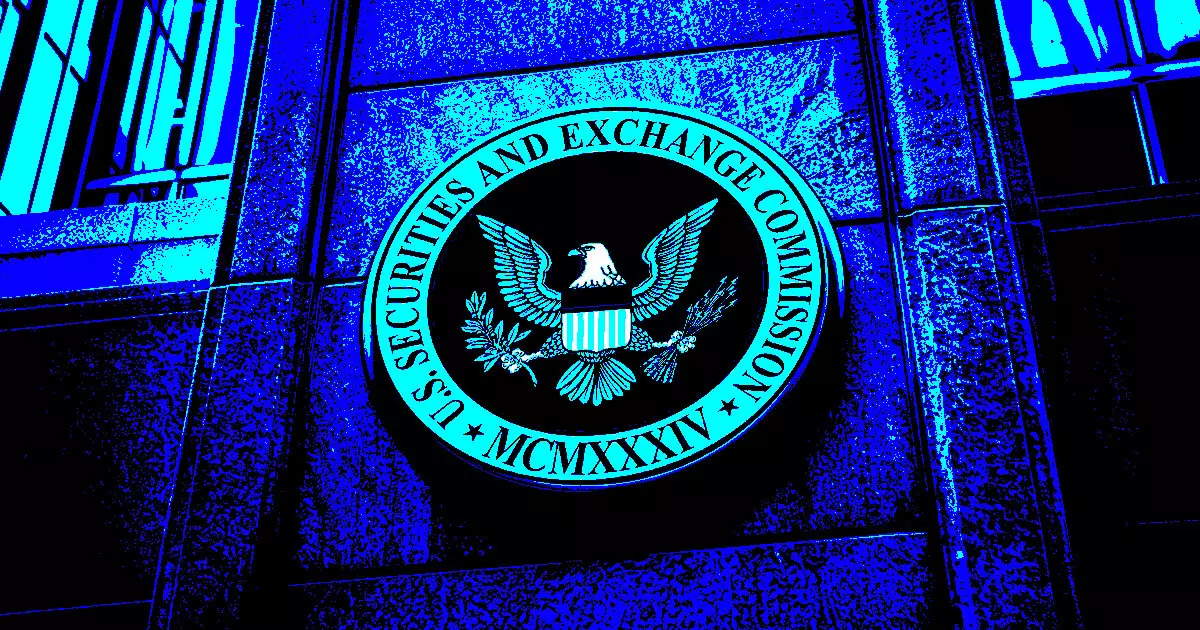In a significant development for investors affected by the collapse of the cryptocurrency startup BitClave, the U.S. Securities and Exchange Commission (SEC) announced the distribution of $4.6 million to those who participated in its highly-publicized 2017 initial coin offering (ICO). At the peak of the ICO frenzy, BitClave successfully raised an impressive $25.5 million within a mere 32 seconds through its Consumer Activity Token (CAT). This meteoric rise was halted in 2020 when the SEC initiated legal action against the company, accusing it of conducting an unregistered securities sale.
The ICO boom of 2017 attracted a multitude of investors, many of whom were drawn by the promise of rapid returns in the burgeoning cryptocurrency market. However, as was the case with BitClave, many projects turned out to be unsustainable or outright fraudulent, prompting enhanced scrutiny from regulatory bodies such as the SEC.
The allegations leveled by the SEC against BitClave resulted in a settlement that required the company to relinquish not only the funds raised through its ICO but also additional monetary penalties totaling approximately $4 million. As part of the settlement agreement—which BitClave entered without admitting any wrongdoing—there were stipulations for the destruction of uncirculated CAT tokens and a request for digital asset exchanges to delist these tokens. This decision exemplifies a broader regulatory tactic aimed at addressing abuses in the ICO market.
Despite BitClave’s commitment to provide nearly $29 million in restitution through the BitClave Fair Fund, discrepancies have emerged regarding the actual disbursement of funds. As of early 2023, documentation indicated that only $12 million had been transferred, raising concerns about the fate of the remaining $7.4 million. Without clarity from the SEC or the fund administrator on this issue, questions linger regarding accountability and the efficacy of investor protections.
The ongoing narrative surrounding BitClave serves as a stark reminder of the importance of due diligence in the cryptocurrency investment landscape. For investors, the uncertainties tied to ICOs highlight a need for vigilance, particularly in an environment marked by rapid innovation and the frequent emergence of non-compliant entities. The SEC’s latest announcement, indicating that eligible claimants would be notified of their claim statuses by March 2024, is a move towards accountability but does not resolve the overarching issues that plague the regulatory framework for cryptocurrencies.
Moreover, the BitClave settlement underscores the necessity for regulatory bodies to evolve and adapt policies that protect investors while encouraging innovation. As governments worldwide grapple with the implications of decentralized finance and digital assets, the lessons learned from the BitClave case can inform further regulatory developments, ensuring that investors are safeguarded against potential fraud while nurturing a healthy market for legitimate offerings.
As the SEC continues its efforts to rectify the consequences of past ICO mismanagement, the case of BitClave serves as a cautionary tale about the importance of regulations in protecting investors in the rapidly changing world of cryptocurrency. The recent disbursement of funds represents just a fraction of the broader conversation surrounding investor security, market integrity, and the future of digital currencies. In navigating these challenges, both regulators and investors must remain informed and proactive to foster a more trustworthy and sustainable cryptocurrency ecosystem.



















Leave a Reply